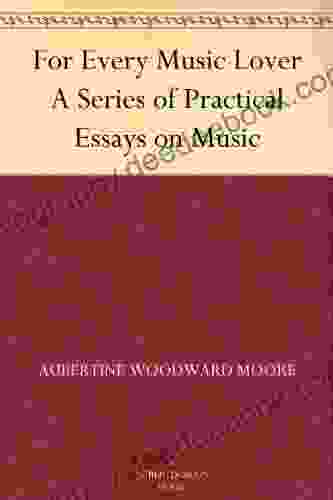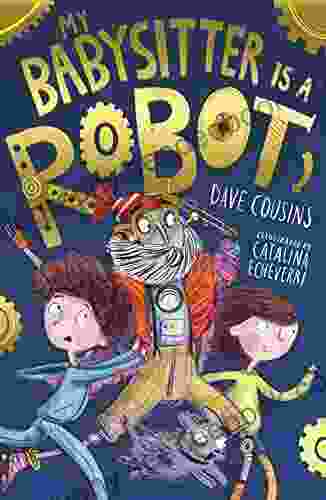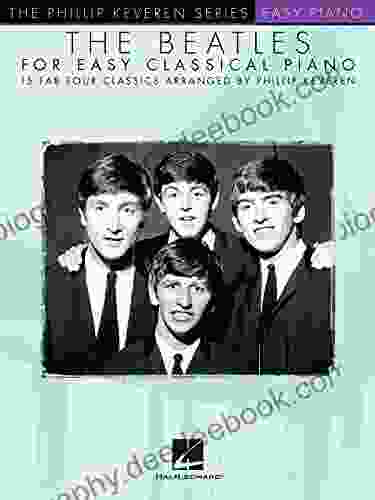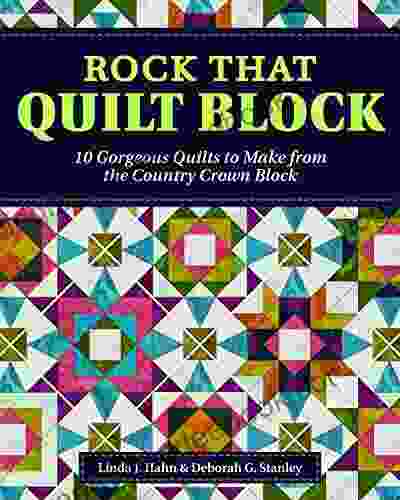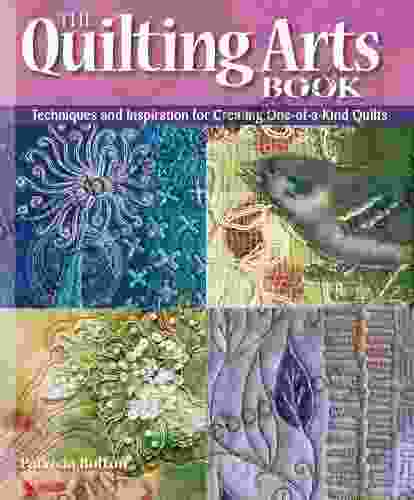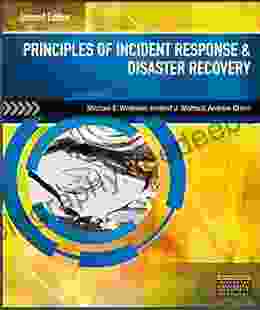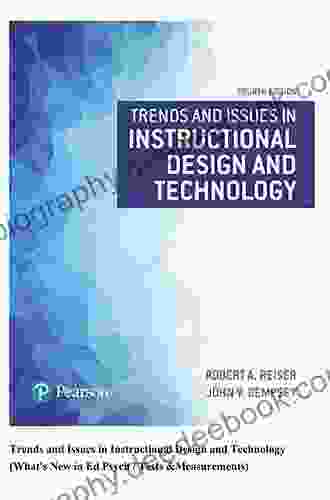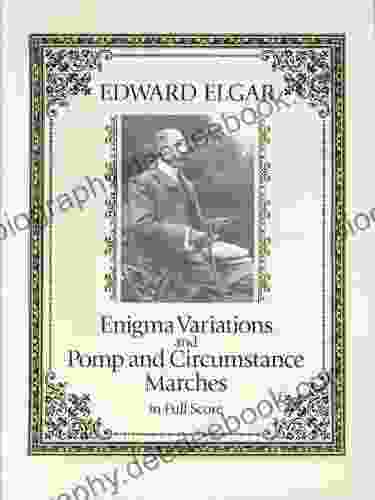Music, an art form that transcends time and cultures, has the power to evoke emotions, inspire creativity, and provoke deep thought. For music enthusiasts and scholars alike, essays provide a valuable platform to explore the intricacies of music and delve into its diverse aspects. This comprehensive guide serves as a roadmap for every music lover, equipping you with the knowledge and practical techniques necessary to craft insightful and engaging essays on music.
Chapter 1: The Basics of Music Analysis
Music analysis forms the foundation of music essays. It involves dissecting a musical piece to understand its structure, harmony, melody, rhythm, and other musical elements. This chapter introduces the fundamentals of music analysis, including:
- Identifying musical forms and structures
- Analyzing harmonic progressions and melodic lines
- Interpreting rhythmic patterns and time signatures
- Understanding musical notation and symbols
Chapter 2: Exploring Music Theory
Music theory provides a systematic framework for understanding the principles that govern music. This chapter delves into the essential concepts of music theory, such as:
- Scales, intervals, and chords
- Key signatures and modulation
- Counterpoint and voice leading
- Orchestration and instrumentation
Chapter 3: Delving into Music History
Music history offers a rich tapestry of styles, genres, and periods that have shaped the evolution of music. This chapter takes you on a journey through the annals of music history, exploring:
- The origins of music and its development across cultures
- Major musical eras, from the Renaissance to the 20th century
- Influential composers and their groundbreaking works
- The impact of social, political, and cultural factors on music
Chapter 4: The Art of Music Criticism
Music criticism involves evaluating and interpreting musical performances, compositions, and recordings. This chapter provides insights into the principles and techniques of music criticism, including:
- Establishing criteria for evaluating music
- Analyzing musical aesthetics and performance techniques
- Writing effective and persuasive music reviews
- Ethical considerations in music criticism
Chapter 5: Appreciating Music through Essays
Essays on music provide a unique opportunity to appreciate and reflect on the power of music. This chapter explores the different approaches to writing music appreciation essays, including:
- Personal reflections and subjective interpretations
- Historical and cultural contexts of musical works
- The role of music in society and human experience
- Exploring the connections between music and other art forms
Chapter 6: Crafting Practical Music Essays
This practical chapter guides you through the process of writing effective music essays. It covers essential elements, such as:
- Choosing a suitable topic and developing a thesis statement
- Conducting research and gathering relevant information
- Structuring an essay and using appropriate transitions
- Using clear and concise language, avoiding jargon
- Citing sources and avoiding plagiarism
Embarking on the journey of writing music essays can be both rewarding and challenging. By mastering the foundational principles outlined in this comprehensive guide, you will gain the confidence and skills to express your passion for music through insightful and engaging essays. Whether you are a student, a music lover, or an aspiring music scholar, this guide will empower you to delve deeply into the world of music and share your knowledge and insights with others.



